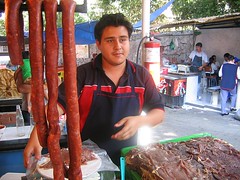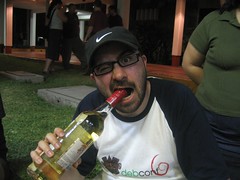Last month I
more-or-less accepted an invitation that got me scared at first, panicking after a while. Why do I put myself in such an uncomfortable position? Well, I think that s how we grow up

I was first contacted to talk about women participation in Debian, which I kindly refused, but I said I would
maybe talk about motivating new contributors,
possibly with some more friends that would
maybe join me at the stage. I need to confess that at that moment I had no idea (ok, a vague idea ) about what I was going to talk. So I promptly emailed some Debian friends, shared the invitation, shared some thoughts, got feedbacks, got encouragement, and we finally made it!

For the video conference we used
mconf.org which worked super well (the downside is that it requires flash, maybe you could help them get rid of it?). I had also recorded a backup video with
vokoscreen, just in case Murphy would decide to go to Curitiba but everything worked well. We a single moment with connection issues, but the torrent user kindly released the bandwidth
The main point I made in the talk is that Debian as a Universal Operating System is still an utopia, especially when we extend our understanding of universality to our contributors. And as an utopia, it serves to make us walk! The more we advance, the more it gets further away, so we need to keep walking. Another important point was that diversity is not an issue that touches only woman. My audience was full of Portuguese native speakers, from a third world country, a few women, many more man, a couple of DDs, some longtime contributors, some newbies, and most of them are also part of minorities in our community. I bet many of them has already felt like a weed growing surrounded by concrete at least once in their lifetimes
Solidarity towards our utopia was my final message. Just for fun, and to make a recap of our conversation at the end, I made a list of 10 steps that we could all give to contribute to a more universal Debian:
1. Read our Social Contract and make sure we are all at the same page
2. Improve Debian documentation
3. Remember that diversity does not concern only women
4. Keep an eye on minority groups and show solidarity
5. Be open and alert to the needs of newbies
6. Help Debian teams to be prepared to welcome new contributors
7. Reserve part of our time to integrate new members to the community
8. Promote hands-on meetings (local and remote)
9. Promote peer-mentoring among newbie contributors
10. Do not see Debian members as special beings, we are all humans!
You can check
my slides or the
video of the live transmission if you want to see more. In case you can not follow the audio, I d be happy to provide subtitles (but I probably won t work on that if I don t receive have any request). And if you invite me to another conference, we can have a similar chat at with your community. Note: in person is more fun

Finally, I d like to thank the participants of the mini-DebConf, those that followed this session and those who were practicing how to package on the other room, Paulo Santana and all the local organization team for the invitation, Ana Guerrero and Laura Arjona for the remote support and feedback, Andreas Tille for the efforts in integrating new contributors, Christian Perrier for the developer statistics, Val ssio for being in the audience and the Debian Project for the inspiration.
What we had we Brazil this weekend was a taste of a flourishing and welcoming community, I am proud and honored to be part of it!
 Time really flies when
Time really flies when 

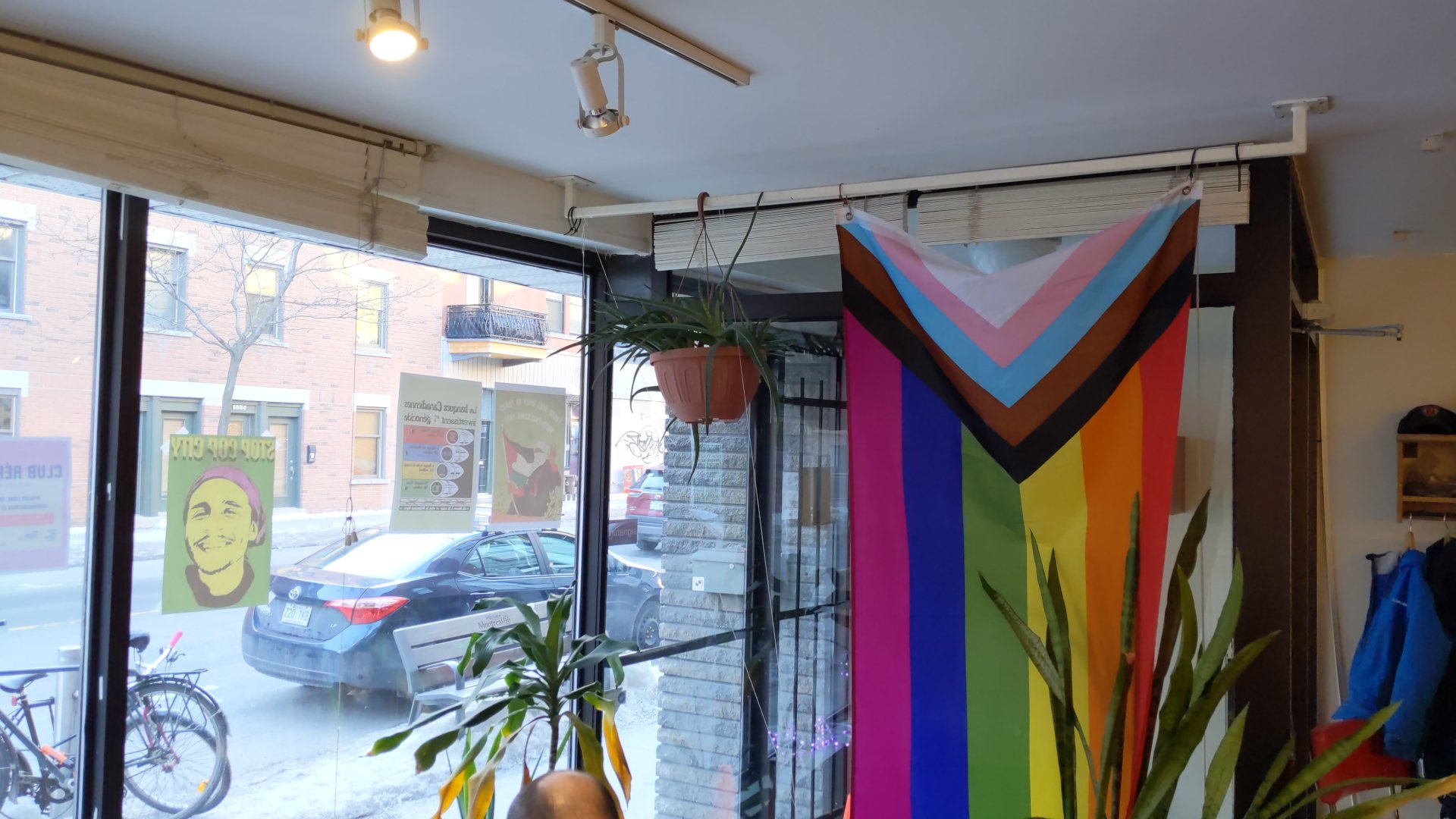
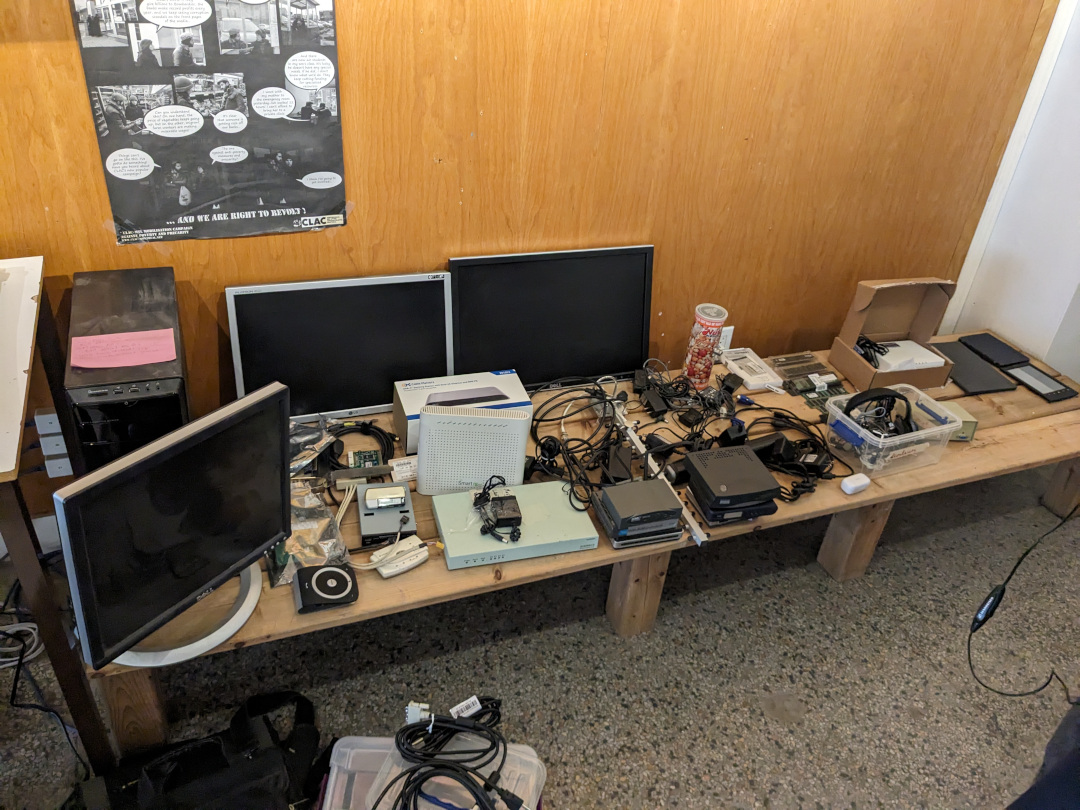
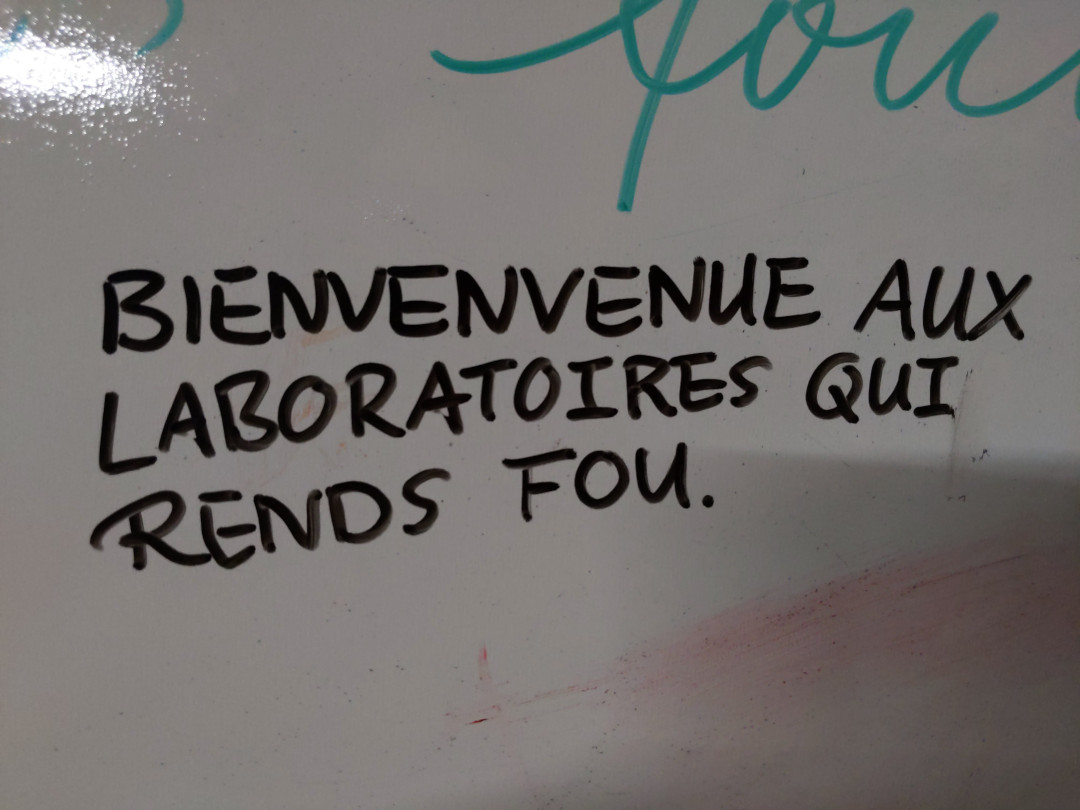
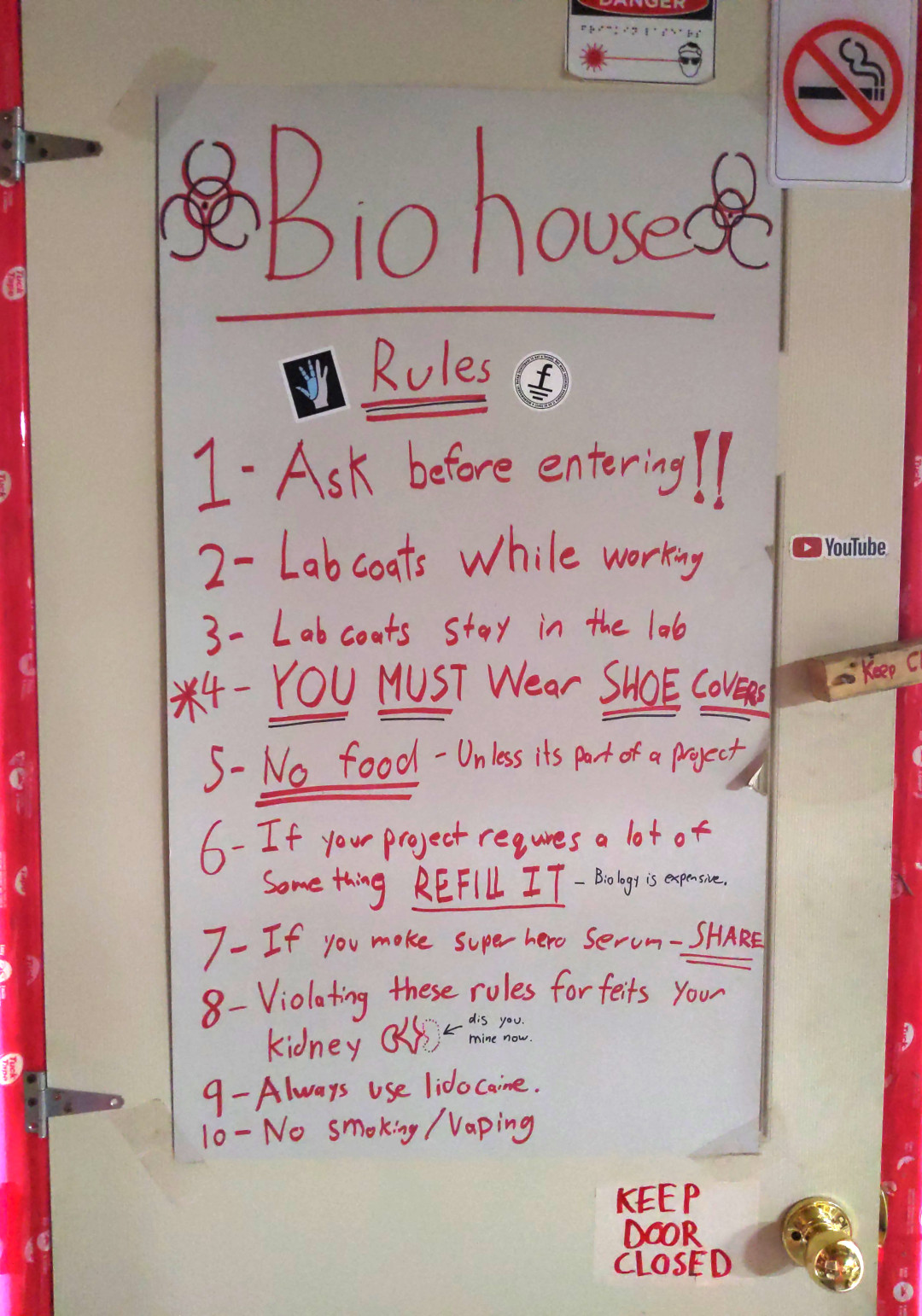
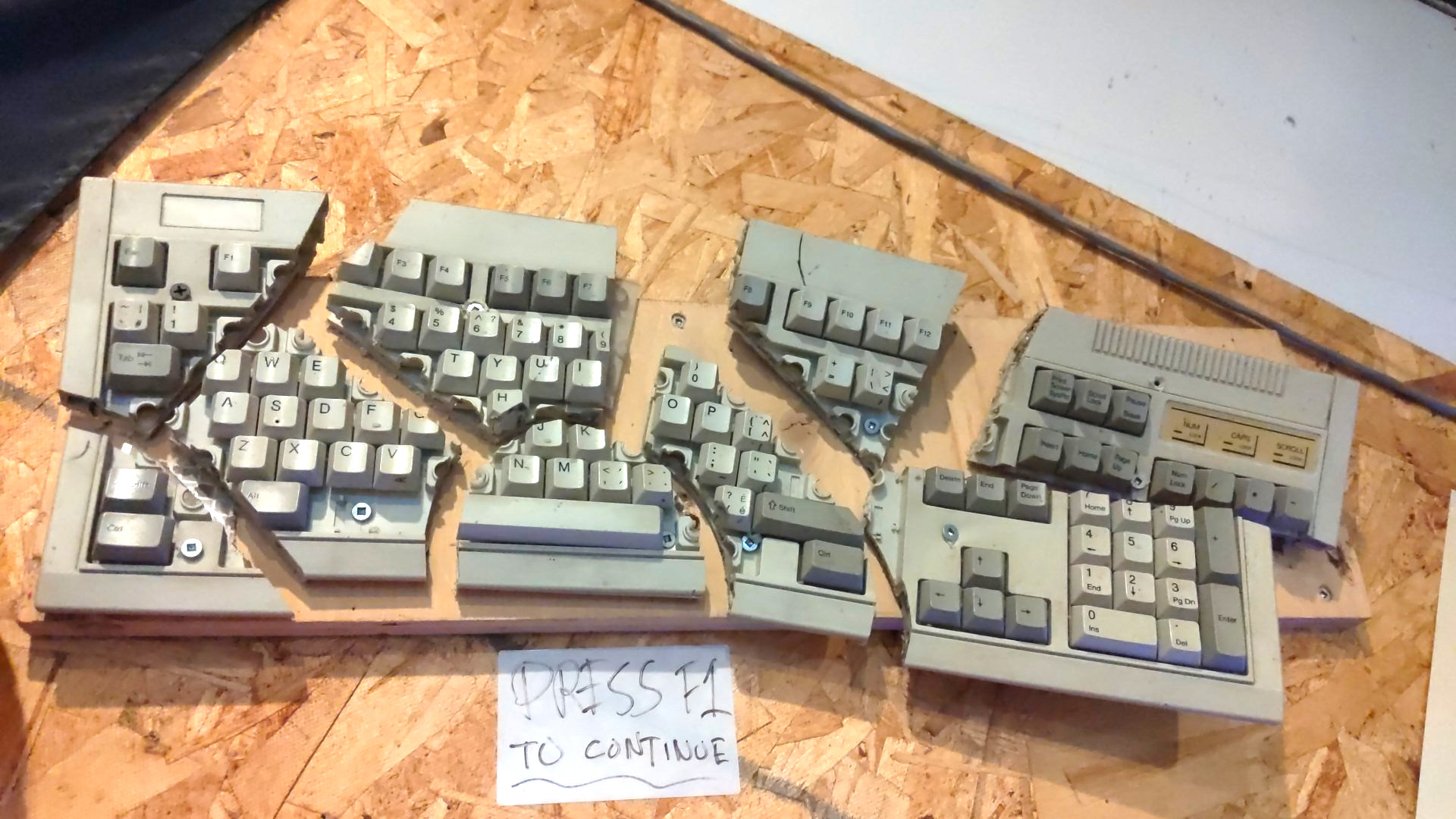
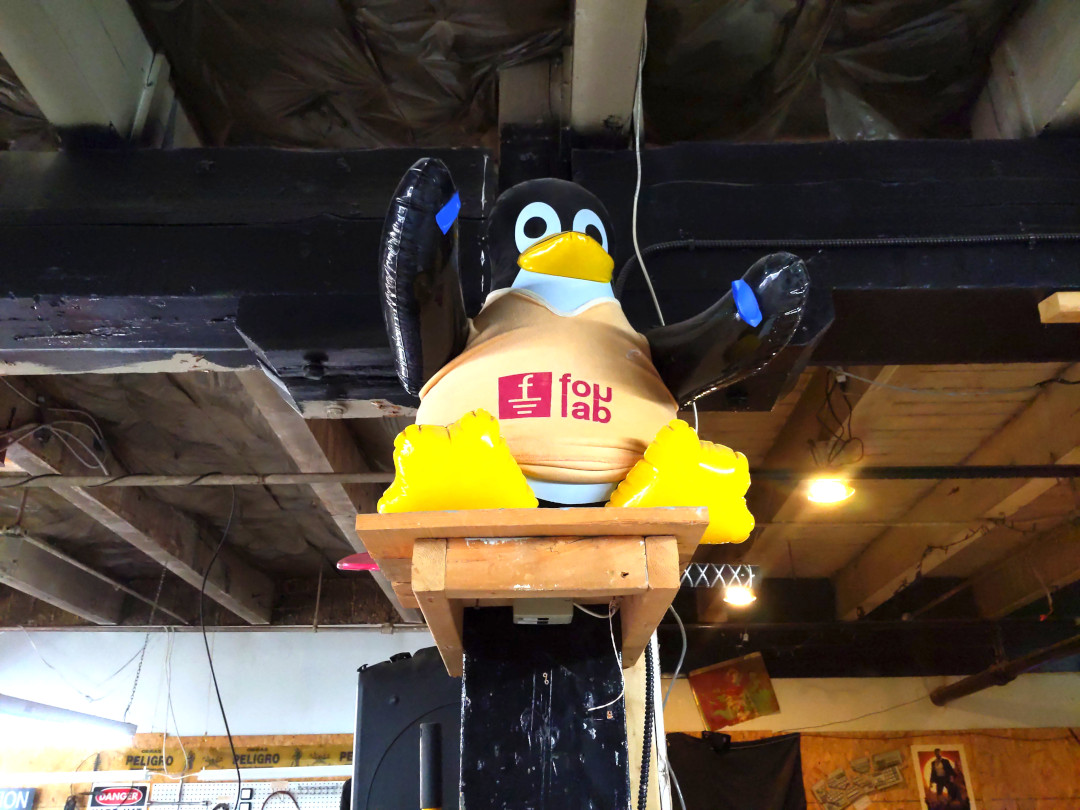

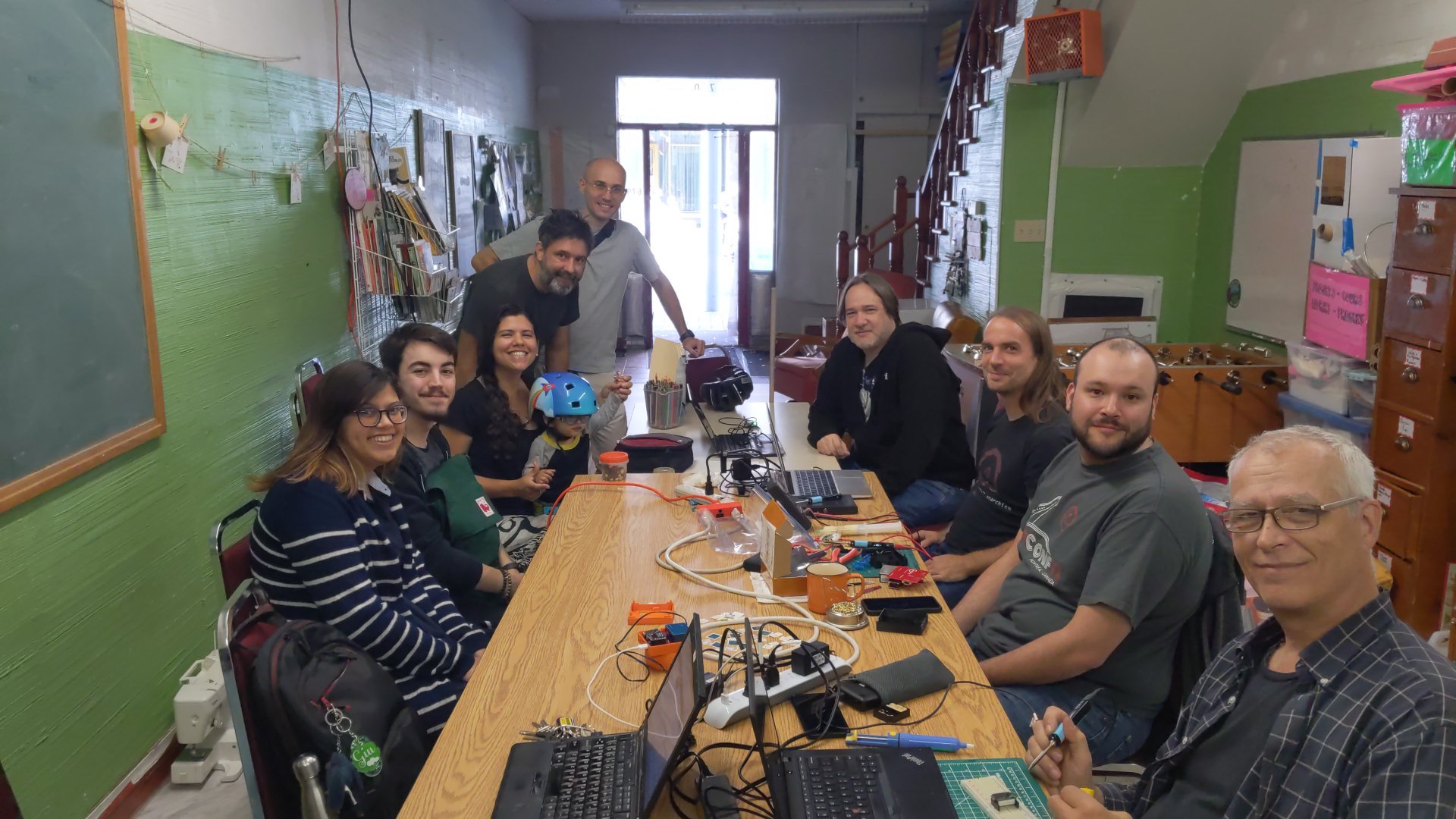 Many people came to the event, including some new ones. Although people always
tend to come and go during the day, a total of 12 people attended the event.
As always, people worked on very different projects! One of the focus of this
D&S was assembling
Many people came to the event, including some new ones. Although people always
tend to come and go during the day, a total of 12 people attended the event.
As always, people worked on very different projects! One of the focus of this
D&S was assembling  Otherwise, some Debian work was also done:
Otherwise, some Debian work was also done:
 We fixed a couple of
We fixed a couple of 
 We're excited to announce that Debian has selected 29 interns to work with us
this summer: 4 in
We're excited to announce that Debian has selected 29 interns to work with us
this summer: 4 in 


 Nice try tassia! I'm sure you can do even better for Wheezy :)
Nice try tassia! I'm sure you can do even better for Wheezy :)
